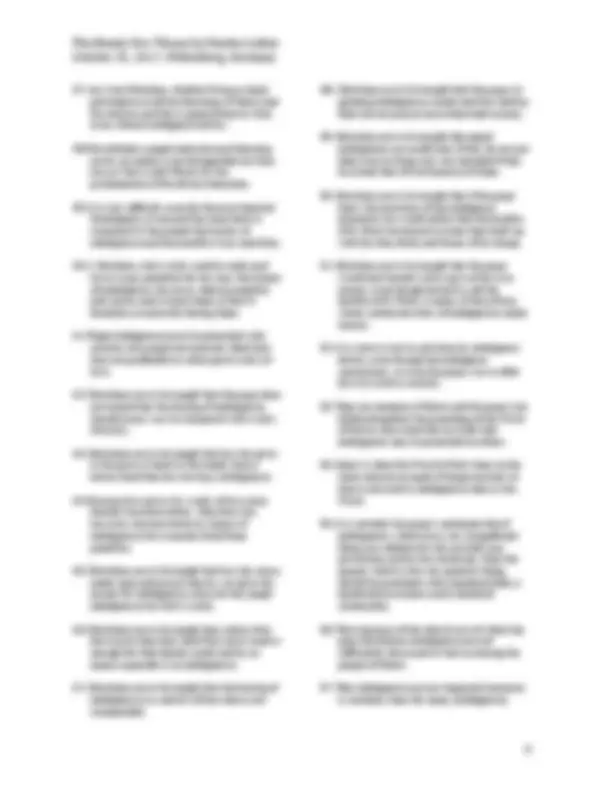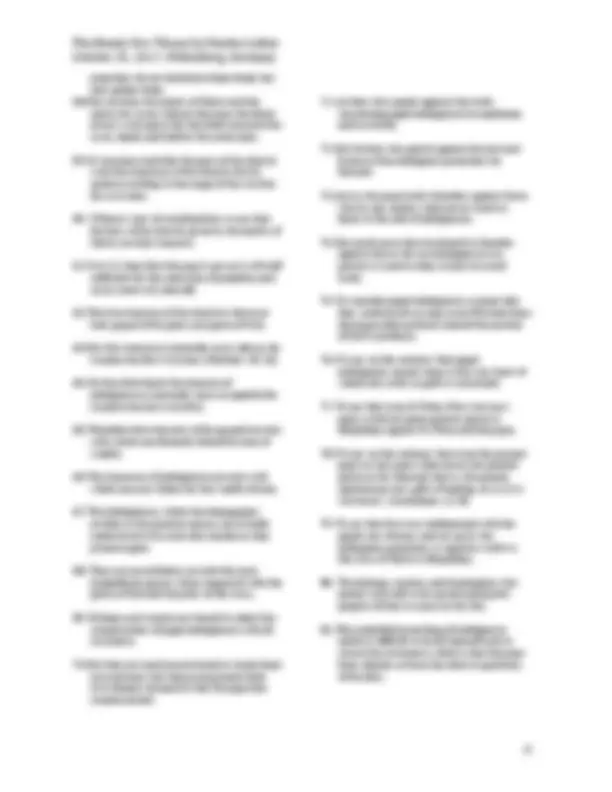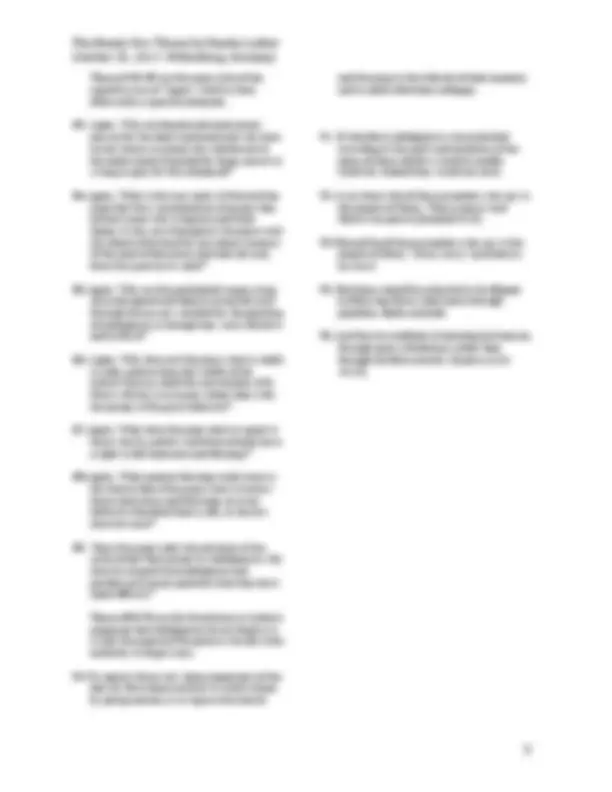





Study with the several resources on Docsity

Earn points by helping other students or get them with a premium plan


Prepare for your exams
Study with the several resources on Docsity

Earn points to download
Earn points by helping other students or get them with a premium plan
Community
Ask the community for help and clear up your study doubts
Discover the best universities in your country according to Docsity users
Free resources
Download our free guides on studying techniques, anxiety management strategies, and thesis advice from Docsity tutors
Theses #90-95 are the Conclusion to Luther's argument that indulgences do not forgive; it is only the pope and the priests who have the authority to forgive ...
Typology: Lecture notes
1 / 5

This page cannot be seen from the preview
Don't miss anything!




Out of love and zeal for truth and the desire to bring it to light, the following theses will be publicly discussed at Wittenberg under the chairmanship of the reverend father, Martin Luther, Master of Arts and Sacred Theology and regularly appointed Lecturer on these subjects at that place. He requests that those who cannot be present to debate orally with us will do so by letter.
In the Name of Our Lord Jesus Christ. Amen.
The first three theses statements are for discussion on the importance of God’s Word in the Holy Bible for the Christian’s life.
Theses #4-14 address the power of the pope, challenge the teachings of purgatory, address the corruption of the clergy, and the source of the forgiveness of sins as a direct act from God.
Theses #15 – 82 are the core arguments by Martin Luther against indulgences and the tactics of the preachers who are selling letters of indulgence in Germany.
preachers do not distribute them freely but only gather them.
Theses # 83-89 use the same style of the repetitive use of “Again,” which is then followed by a quoted statement.
84, Again, “What is this new piety of God and the pope that for a consideration of money they permit a man who is impious and their enemy to buy out of purgatory the pious soul of a friend of God and do not rather, because of the need of that pious and beloved soul, free it for pure love’s sake?”
Theses #90-95 are the Conclusion to Luther’s argument that indulgences do not forgive; it is only the pope and the priests who have the authority to forgive sins.
and the pope to the ridicule of their enemies and to make Christians unhappy.